ROUTLEDGE LIBRARY EDITIONS: FOLK MUSIC
Volume 3
THE ANGLO-AMERICAN BALLAD
THE ANGLO-AMERICAN BALLAD
A Folklore Casebook
Edited by
DIANNE DUGAW
First published in 1995 by Garland Publishing, Inc.
This edition first published in 2016
by Routledge
2 Park Square, Milton Park, Abingdon, Oxon OX14 4RN
and by Routledge
711 Third Avenue, New York, NY 10017
Routledge is an imprint of the Taylor & Francis Group, an informa business
1995 Dianne Dugaw
All rights reserved. No part of this book may be reprinted or reproduced or utilised in any form or by any electronic, mechanical, or other means, now known or hereafter invented, including photocopying and recording, or in any information storage or retrieval system, without permission in writing from the publishers.
Trademark notice: Product or corporate names may be trademarks or registered trademarks, and are used only for identification and explanation without intent to infringe.
British Library Cataloguing in Publication Data
A catalogue record for this book is available from the British Library
ISBN: 978-1-138-94398-8 (Set)
ISBN: 978-1-315-66734-8 (Set) (ebk)
ISBN: 978-1-138-95160-0 (Volume 3) (hbk)
ISBN: 978-1-138-12231-4 (Volume 3) (pbk)
ISBN: 978-1-315-66733-1 (Volume 3) (ebk)
Publishers Note
The publisher has gone to great lengths to ensure the quality of this reprint but points out that some imperfections in the original copies may be apparent.
Disclaimer
The publisher has made every effort to trace copyright holders and would welcome correspondence from those they have been unable to trace.
THE
ANGLO-AMERICAN
BALLAD
A Folklore Casebook
edited by
Dianne Dugaw
Copyright 1995 Dianne Dugaw
All rights reserved
Library of Congress Cataloging-in-Publication Data
The Anglo-American ballad : a folklore casebook/edited by Dianne Dugaw
p. cm. (Garland folklore casebooks; vol. 8)
(Garland reference library of the humanities; vol. 1858)
Includes bibliographical references.
ISBN 0-8153-1747-6
1. Folk musicUnited StatesHistory and criticism. 2. Folk MusicGreat BritainHistory and criticism. 3. Ballads, EnglishUnited StatesHistory and criticism. 4. Ballads, EnglishGreat BritainHistory and criticism. I. Dugaw, Dianne. II. Series. III. Series: Garland folklore casebooks; v. 8. ML3553.A64 1995
782.43dc20
94-24348
CIP
MN
Printed on acid-free, 250-year-life paper
Manufactured in the United States of America
This book is dedicated to the memory of
Green Berry Horton (19061992)
and
D.K. Wilgus (19181989)
who taught me ballads.
Contents
The Spectator Papers on Ballads
(Numbers 70 and 85) (1711)
Joseph Addison
Thomas Percy
Joseph Ritson
Walter Scott
William Motherwell
Francis James Child
Francis B. Gummere
Louise Pound
Phillips Barry
Bertrand H. Bronson
Samuel P. Bayard
D.K. Wilgus
Michael Pickering
David Buchan
Edward Ives
Eleanor R. Long
Dianne Dugaw
Natascha Wrzbach
Paul Oliver
It is the intent of the Folklore Casebook Series to bring together from diverse sources critical essays relevant to a particular genre or theme. Assembling such essays under one convenient cover is meant to help students of folklore avoid unduly parochial approaches to that genre or theme. Folklore scholarship appears in a wide variety of books, monographs, and periodicals. Accordingly, one needs to be something of a bibliographical sleuth to discover what other scholars have said about the subject one has chosen to study. Casebooks then can assist scholars and students in locating some of the key essays on that subject.
Folkloristics, the study of folklore, analogous to linguistics as the study of language, includes several hundred genres ranging from traditional epics of more than 10,000 lines to single items of folk speech consisting of perhaps just one word of argot. Keep in mind that subcategories or genres of folklore can be divided into smaller constituent groups. So folk narrative includes myth, folktale, and legend, among other genres, but folktale can be further particularized into such subgenres as animal tales, mrchen (fairy tales), formula tales, dilemma tales, etc. The same applies to folk music. One large subset of folk music is folk song. Folksong may then be divided into such distinctive forms as lullabies, work songs, drinking songs, dirges, and ballads, among others.
The ballad is a narrative song often with tabloid or taboo topics such as murder and incest. Ballads are found throughout the Indo-European world from India to Ireland. It is not clear whether the ballad is to be found outside the Indo-European orbit. Native Americans have songs, but they are not considered to be ballads by ballad scholars. This is also the situation with respect to African narrative songs. In effect, if one consults W. Edson Richmonds useful Ballad Scholarship: An Annotated Bibliography (New York: Garland, 1989), one can easily see that the focus of ballad scholars has been on the ballad in Europe. Moreover, within Europe, there has been a notable emphasis upon the ballad in England and Scotland on the one hand, and in Scandinavia on the other (See Bengt R. Jonsson et al., eds. The Types of the Scandinavian Medieval Ballad (Oslo: Universitetsforlaget, 1978).
The student should be aware that there are rich traditions of ballad scholarship outside that concerned exclusively with the English and Scottish, or Anglo-American ballad. Representative titles for the German ballad: Gottfried Weissert, Ballade (Stuttgart: Metzler, 1980) and Walter Mller-Seidel, ed., Balladenforschung (Konigstein/Ts.: Verlag Anton Hain Meisenheim, 1980). For Spanish and Latin American ballads, see Ruth H. Webber, Hispanic Balladry Today (New York: Garland, 1989). For an entry into the voluminous realm of east European balladry, see Lajos Vargyas, Researches into the Mediaeval History of Folk Ballad (Budapest: Akadmiai Kiad, 1967).
The study of the Anglo-American ballad has long occupied a special position of reverence in folkloristics. Initially, it may have been because of the exquisite poetic features of the textthe tune was rarely taken into account. Indeed, the emphasis on text and the relative neglect of tune has continued as an unfortunate bias in the scholarship devoted to the ballad. Scholars imbued with sentiments of romanticism often coupled with patriotic motivations bordering on outright nationalism saw the Anglo-American ballad as the epitome of the very finest expressions of creativity by the so-called folk. Ballads were thus deemed to be part of the national patrimony: songs to be treasured and perpetually admired.





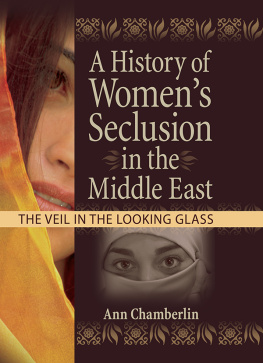
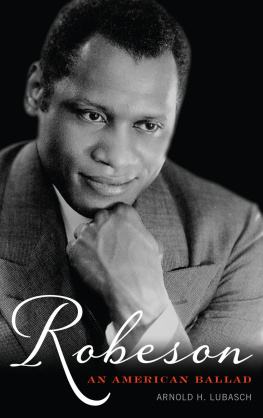
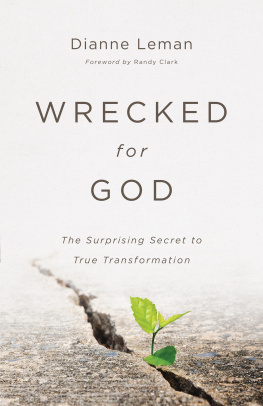

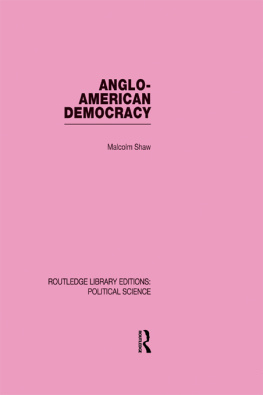
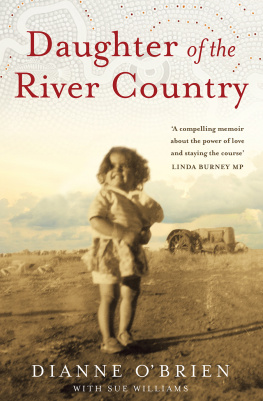
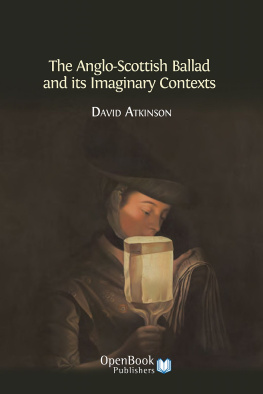
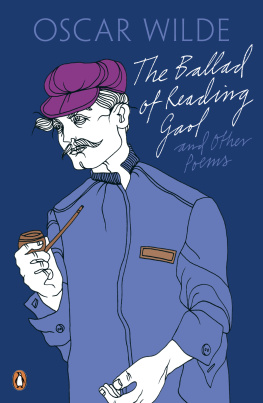
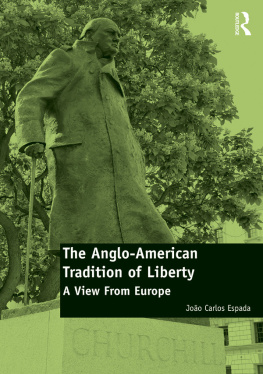
![Dianne Siemon ... [et al.]. - Teaching mathematics : foundation and intermediate phase](/uploads/posts/book/64242/thumbs/dianne-siemon-et-al-teaching-mathematics.jpg)